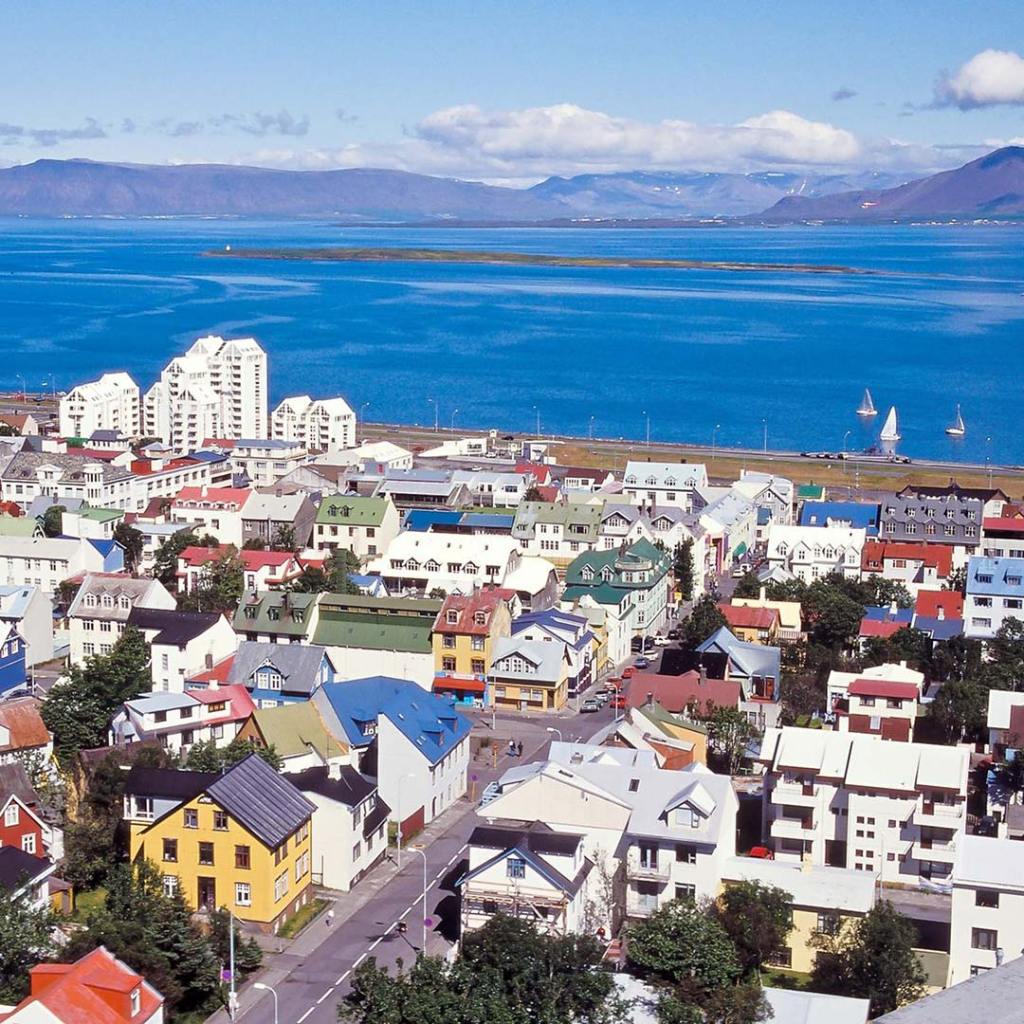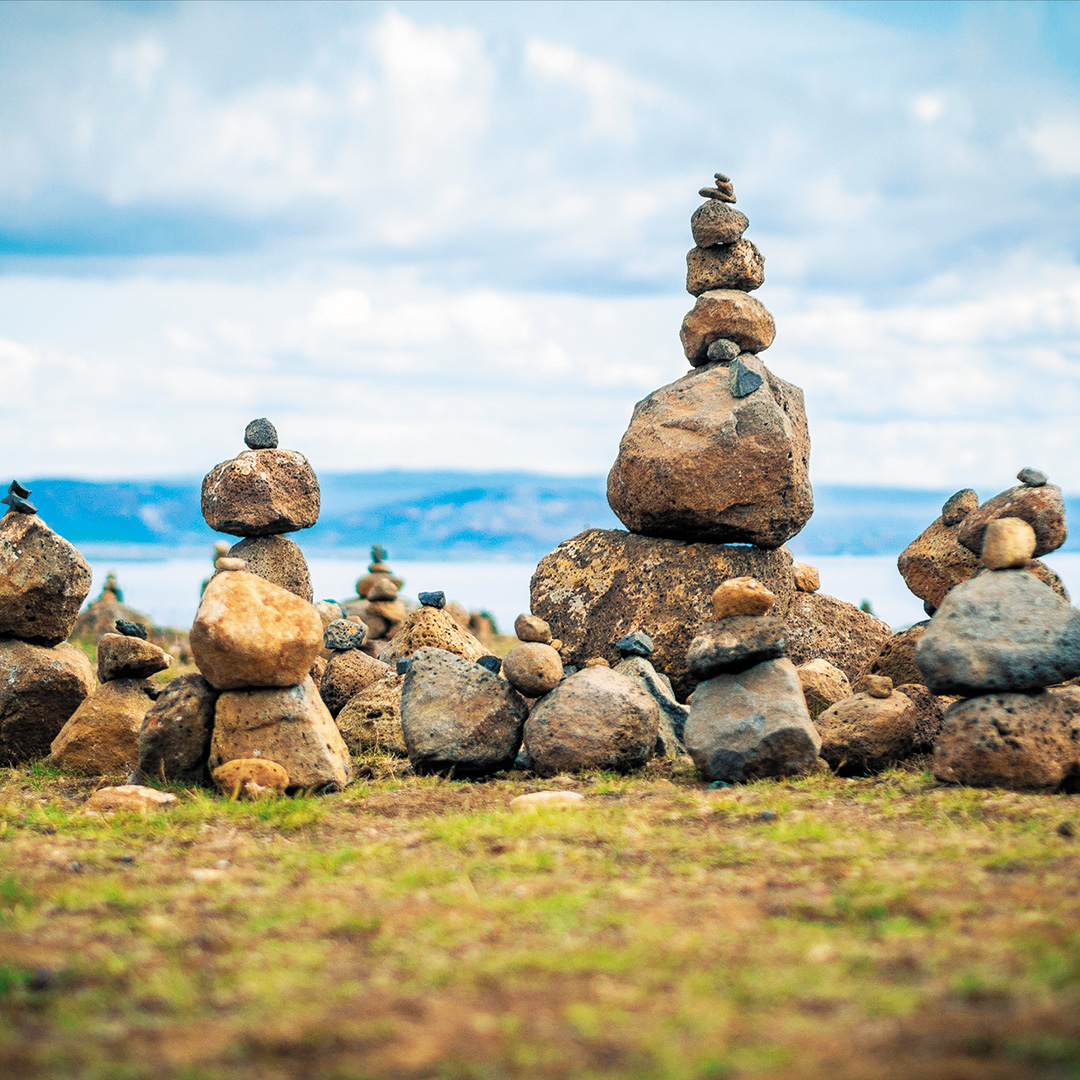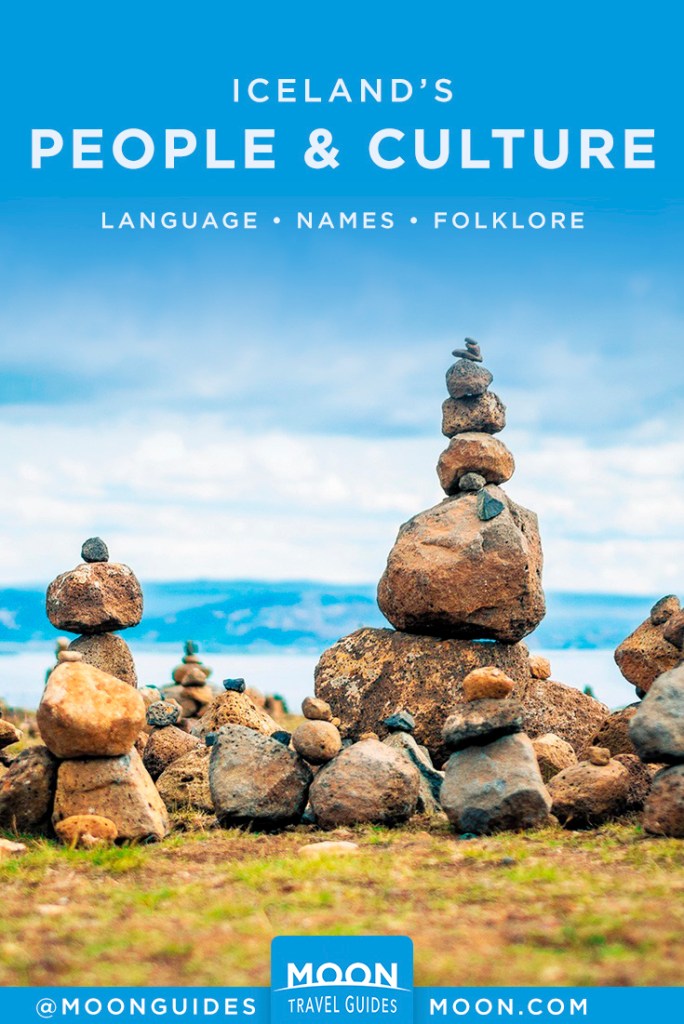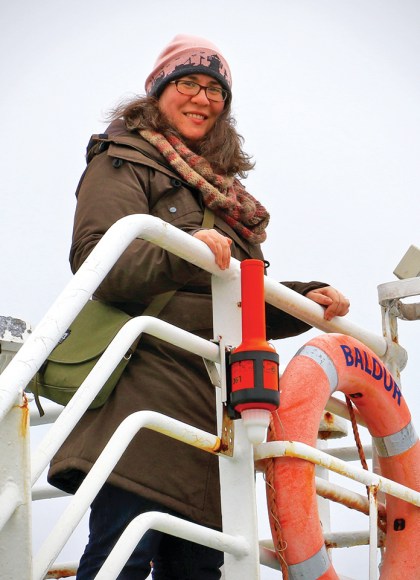The People and Culture of Iceland
Iceland is proud of its people and its culture, and works hard to preserve its heritage in both language and the arts. While the country is physically isolated, Icelanders welcome visitors and immigrants. The capital city, Reykjavík, is in particular known as an international city.

Nearly 330,000 people call Iceland home, and more than two-thirds live in Reykjavík and its outlying suburbs. Outside of Reykjavík, Hafnarfjörður, and Kopavogur, the most populated towns in Iceland include Keflavík and Selfoss in the south, Akureyri in the north, Akranes and Isafjörður in the west, and Höfn and Egilsstaðir in the east. More than 90 percent of the island population is composed of native Icelanders, but the foreign-born population continues to grow with migrant workers and refugees. Iceland is as multicultural today as it has ever been.
Native Icelanders have a genetic makeup that combines Gaelic and Norse heritage, and many Icelanders consider themselves Nordic instead of Scandinavian. Social lives center around family, as Icelanders tend to be a close-knit bunch. People tend to either know one another or have friends in common.
Language
The official language of Iceland is Icelandic, which is considered a Germanic language. Icelanders like to think of their language as poetic and musical, and maintaining their language is an important part of Icelandic culture. Most Icelanders speak English and are happy to converse with tourists in English, but they are proud of their mother tongue and enjoy when foreign tourists give the language a go, even just a few words. The closest language to Icelandic is Faroese, which roughly 50,000 people speak, and the other close language spoken by a larger group is Norwegian. Many Icelanders can understand Norwegian, Swedish, and Danish due to some similarities. Learning Icelandic is a challenge for many foreigners because of the complex grammar and accent.
Alphabet
The Icelandic alphabet has 32 letters, including letters not known in the English language, such as Ð and Þ. The letter Ð represents the sound “th” as in “this,” while Þ represents “th” as in “thin.”
Newsletter Signup
By clicking ‘Sign Up,’ I acknowledge that I have read and agree to Hachette Book Group’s Privacy Policy and Terms of Use
Icelandic Names
Iceland has a strident naming committee that must approve names parents wish to give their newborns, in the spirit of maintaining Icelandic culture. For that reason, you will find a lot of common first names, including Bjorn, Jón, Ólafur, Guðmundur, and Magnús for males, and Guðrun, Sara, and Anna for females. Very few Icelanders have surnames; instead, Iceland follows a patronymic system in which children are given their father’s first name followed by -son or -dottir. If a man named Einar has a son named Johannes and a daughter named Anna, their names will be Johannes Einarsson and Anna Einarsdottir.
Folklore
Icelanders have a spiritual connection to nature, which has been depicted through literature, paintings, and stories about the huldufólk or “hidden people.” It’s easy to understand why stories of huldufólk are prevalent once you experience the otherworldly nature of Iceland, including northern lights, crazy rock formations, howling wind, and desolate lava fields where it feels that anything can happen.
Many of the hidden people stories originate in the lava fields, where unexplained phenomena, like broken farm equipment, could be explained away by saying “it must be the huldufólk.” Indeed, Iceland’s hidden people live among the rocks, and certain rocks are deemed “huldufólk churches.” It’s easy to dismiss the idea of hidden people, especially when the term is loosely translated as elves, but many Icelanders are not willing to deny the existence of hidden people. Does that mean that all Icelanders believe that elves physically walk among their human neighbors? Of course not. But it is part of their history and culture, and many Icelanders have a sense of humor about the foreign notion of huldufólk.

Religion
Icelanders have an interesting relationship with religion. Most of the country identifies as Lutheran (more than 70 percent), but most Icelanders aren’t known to attend church regularly or be very vocal about their religious beliefs. While the majority of the country identifies as religious, Iceland is considered a liberal nation. There is no separation of church and state in Iceland; the National Church of Iceland is subsidized by Icelanders through a church tax. However, non-Lutherans can choose to have their church tax donated to designated charities.
Of Iceland’s religious minorities, Catholics are the largest minority at about 4 percent, and there are about 1,000 Muslims estimated to call Iceland home, as well as about 100 Jews. There is not a single synagogue in Iceland, as the Jewish population has not requested one, but a mosque was approved by Reykjavík in 2014, and construction is underway.
Build your Europe travel bucket list
Get inspired and get ready for adventure with the ultimate guide to Europe’s best trips!
Newsletter Signup
By clicking ‘Sign Up,’ I acknowledge that I have read and agree to Hachette Book Group’s Privacy Policy and Terms of Use
Pin it for Later



